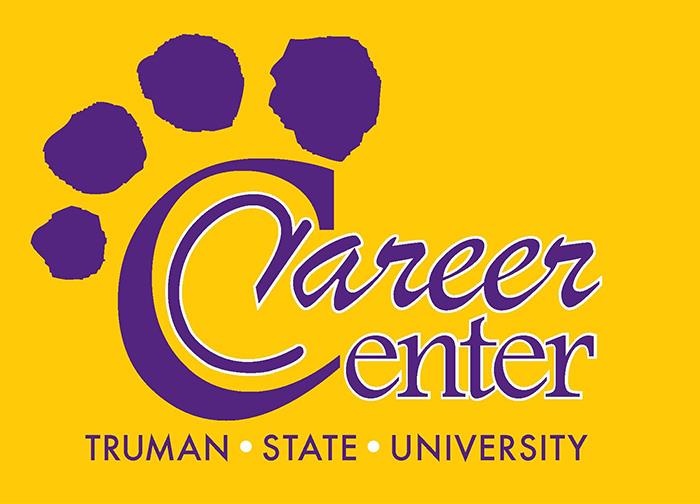Tips for Sorting Through the Job Market
As anticipation builds with applying for summer internships, research opportunities, or post-graduation “big kid” jobs, the Career Center has a few words of wisdom about discerning credible internships and job opportunities. While the majority of companies out there have genuine, quality opportunities, here are a few things to keep in mind when selecting companies and things to consider before accepting any offers.
1. Do your due diligence and research potential employers.
Take an active role in your future by researching the companies and specific opportunities in which you are interested. Use those critical thinking skills we all know that you have and dig into the company. Check their website, does it look legitimate? You will learn a lot by the way a company presents itself online. If you are really skeptical about a company, go ahead and Google “Company Name + Scam”. You can also check with organizations like the Better Business Bureau and the Federal Trade Commission. If you find ANYTHING that seems like a red flag, go ahead and redirect your time and energy toward a different employer.
Try to contact individuals who have participated in the program before – the best way to understand what would be expected of you in that role is to talk to others who have done it. Utilize online forums and review sites to see what others are saying about the company. The research phase would be beneficial if completed before you submit an application, but should definitely take place before you accept an offer.
2. Go with your gut.
If you get a “sketchy” vibe about a company or the promises it is making, it is probably because it’s a sketchy company. Your gut reaction towards a situation is often the best judgment, trust it! Do not put yourself in situations where you feel uncomfortable with the individuals with whom you would be working, or with the duties that would be expected of you.
Reputable employers will want the best and brightest new hires, so if a company offers you a position without requesting any sort of reference list or background check, you can assume they are not quite as legitimate as they claim to be. If your interviewer can’t clearly articulate what your job duties will be, or cannot offer a clear definition of what employee success looks like then you will find yourself working in limbo. You have worked hard to be an asset to a company; do not sell yourself short by accepting a position at an unorganized establishment.
3. All that glitters isn’t gold.
If an offer seems too good to be true, it probably is. Often times, as college kids, we are attracted to the promises of “easy money” and free pizza, because we are poor and hungry. Do not let these tactics rope you into accepting a position selling second-hand scuba gear door-to-door all summer because you were distracted by pepperoni pizza and cheesy breadsticks.
4. Not all employers are looking out for your best interest.
Truth be told, there are some shady companies out there who prey on college students like you and me. They’ll try and reel you in with bells and whistles: a too-good-to-be-true starting salary, competitive benefits, and promises of quick career growth. You’ll probably feel like you hit the jackpot, and be seconds away from calling mom and dad to share the good news, yet something in the back of your brain is screaming that something just isn’t right…
5. Warning sign: a little vague on the details?
If you request more information or ask valid questions about a company or open position and their response is “let me get back to you,” or “I’ll email you the details,” this should be a red flag. Legitimate companies will have no problem giving out information regarding the training or job duties you would be expected to perform. If they are reluctant to give this information to you, it might be because the truth will deter you from applying.
Do not let these words of caution be discouraging, but rather use the advice to better navigate the job market.


